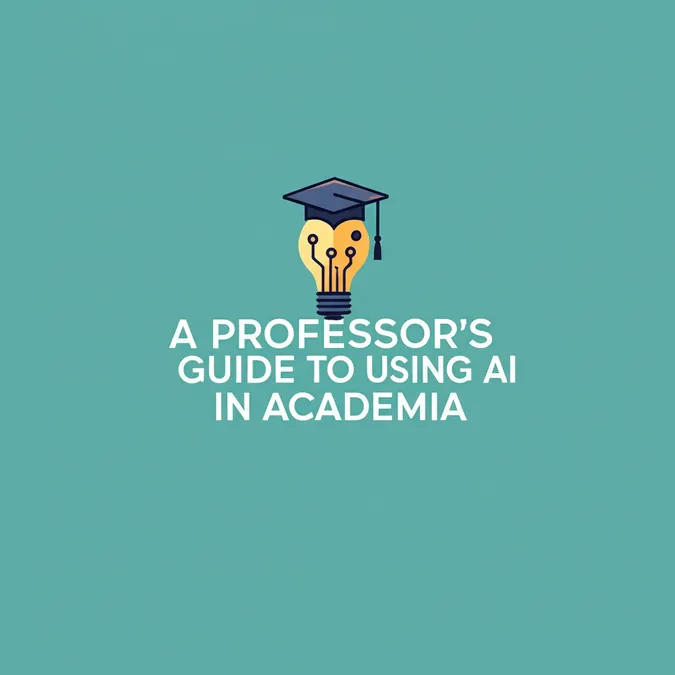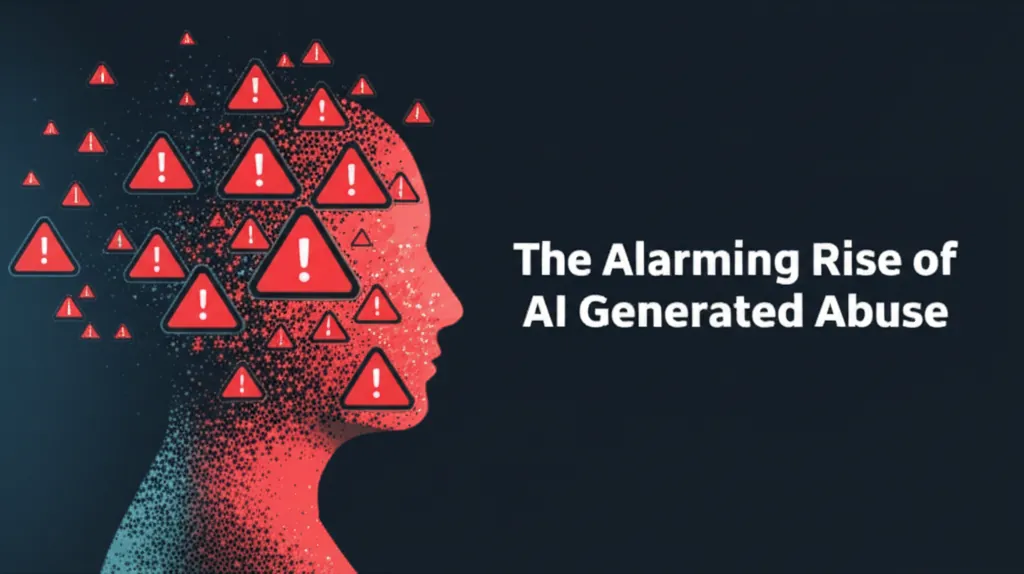Developer Offer
Try ImaginePro API with 50 Free Credits
Build and ship AI-powered visuals with Midjourney, Flux, and more — free credits refresh every month.
AI Image Manipulation Poses New Dangers for Children Online
The rapid advancement of artificial intelligence has introduced a disturbing new threat, giving parents a compelling reason to reconsider sharing pictures of their children online. AI technology now makes it alarmingly simple to transform an innocent photograph into deeply troubling content.
A Groundbreaking Case in Pennsylvania
A recent case in Pennsylvania has brought this issue into sharp focus. A man from Bethlehem pleaded guilty to creating AI-generated child sex abuse material, marking one of the state's first convictions for such a crime. According to the Lehigh County District Attorney, the man manipulated pictures he found on social media, using AI to make two girls he knew appear without clothing.
"It's just overwhelming to know that completely innocent pictures of your own children can be abused and manipulated in such a way, especially by somebody that you knew and somebody that you trusted," said Gavin Holihan, the Lehigh County district attorney. He noted that perpetrators often fixate on specific people they know, starting with real images.
How The Technology Works
Rob D'Ovidio, a Drexel University professor specializing in cybercrime, explained that AI technology is evolving at a breakneck pace. "We're seeing criminals use them for a variety of purposes, including the creation of videos and still images that contain child sexual abuse materials," D'Ovidio stated.
While mainstream AI platforms have safeguards to prevent the creation of inappropriate content, criminals have found ways to circumvent these protections. They use underground software that guarantees anonymity and often pay for these services with cryptocurrency to avoid being traced. "You can type in any prompt and it's going to produce someone in a sexualized situation," he explained.
To illustrate the power of this technology, Professor D'Ovidio conducted a demonstration for CBS News Philadelphia. He took a picture with a reporter in a classroom, uploaded it to an AI platform, and entered the prompt: Put this man and woman in the photo in a bar having drinks.

In less than a minute, the AI generated a completely new image. The classroom setting was replaced by a bar, complete with background patrons, altered body positions, and drinks in hand.

"Criminals are armed with these very powerful tools that could really put the people in the images that you post in very compromising positions," D'Ovidio warned.
Lagging Laws and How to Stay Safe
Legislation is struggling to keep pace with technology. While the Take it Down Act was signed into law to impose stricter penalties on non-consensual intimate imagery, whether real or AI-generated, experts believe more is needed. "The legislative arm of the government is well behind the curve in outlawing it and protecting families and protecting children in this regard," Holihan said.
The Bethlehem man involved in the case is scheduled for sentencing in December and could face five to ten years in prison.
To protect your family, security experts recommend being extremely cautious. The safest approach is to avoid sharing photos of your children online altogether. If that feels too restrictive, it is crucial to regularly review your social media followers and remove anyone you do not know or trust from your friends lists.
Compare Plans & Pricing
Find the plan that matches your workload and unlock full access to ImaginePro.
| Plan | Price | Highlights |
|---|---|---|
| Standard | $8 / month |
|
| Premium | $20 / month |
|
Need custom terms? Talk to us to tailor credits, rate limits, or deployment options.
View All Pricing Details

